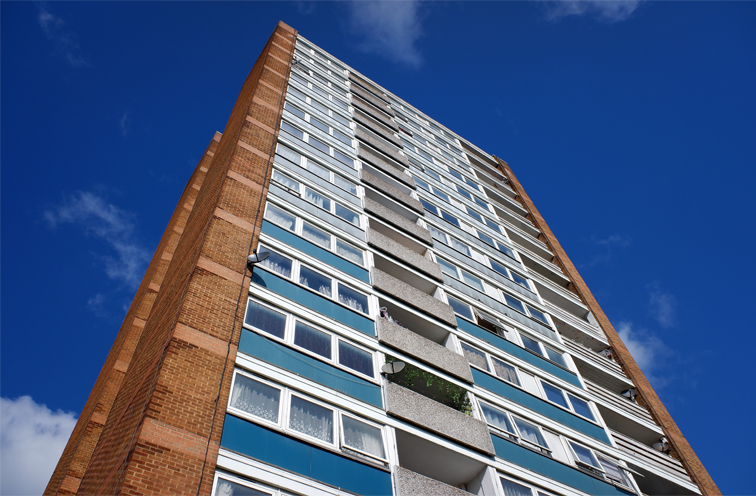Exemptions
How often are exemptions reviewed?
There are no current plans to review the agreed policy exemptions. However, new policy is currently being drafted in relation to local identification and exemption of high-risk buildings that may not sit within the agreed exemption list. Therefore, review periods may be considered for these types of premises.
How do I apply for an exemption?
SWRS is not inviting any applications for exemptions. However, if you feel that you have a special case to make in relation to a specific risk, then you should submit a business case to afaenquiries@southwales-fire.gov.uk . This will be considered against a risk criteria but must have a fire plan to move towards. Specific individual exemptions will be considered on a case-by-case basis.
How do you define what is ‘publicly significant’? How do I apply for that?
SWFRS is not inviting any applications for exemptions and will consider whether a building is of significant public interest on an individual basis, rather than publish any broad definitions.
SWFRS recognises that some individual sites e.g. police HQ or training centres, could present a significant societal/community impact in the event of a fire and therefore could be considered for exemption. Again, the level of risk and whether exemption may apply will need to be determined on an individual premises basis.
Therefore, if you feel that you have a special case to make in relation to a specific risk, then you should contact SWFRS via afaenquiries@southwales-fire.gov.uk
